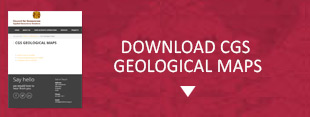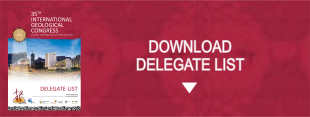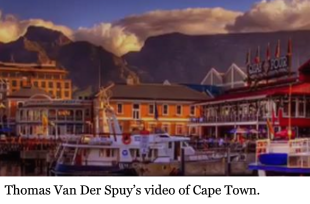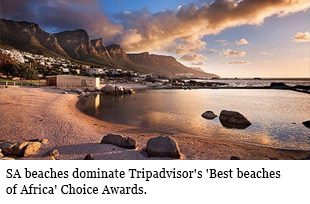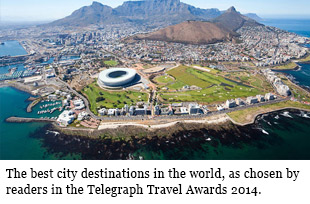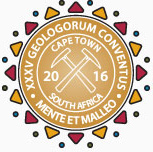
35TH INTERNATIONAL GEOLOGICAL CONGRESS
27 AUGUST - 4 SEPTEMBER 2016 | CAPE TOWN, SOUTH AFRICA
Sponsors
Keystone Sponsor


Diamond Sponsor


Gold Sponsor


Silver Sponsor








Business Centre Sponsor


Publication Sponsor




Social Function


Plenary Speaker Sponsor


Speaker Gift Sponsor


Post Graduate Fund


Registration


Welcome Drinks


Lunch Time Drinks


Publication &
35 IGC SAGPGF
35 IGC SAGPGF

35 IGC SAGPGF




MY IGC APP


Symposium Sponsor




Audit Sponsor


35TH INTERNATIONAL GEOLOGICAL CONGRESS
27 AUGUST - 4 SEPTEMBER 2016 | CAPE TOWN, SOUTH AFRICA
My IGC
Symposium Details
| Title | Description | Convenors |
|---|---|---|
| Hydrological Insights of Groundwater along Silk Road: a YES Network initiative to understand the impact and strengthen the adaptability | Silk Road, a series of routes that extend across the Eurasian continent and connect a vast area of land including Russia, Mongolia, Turkey, Iran and the Balkan Peninsula. On one hand the Silk Road is a significant traffic hub between the Asian and Europe continents; moreover it covers areas that are rich in natural resources such as water, hydrocarbons, and other minerals. Not only the Silk Road fulfills the mission of providing physical routes with its abundant resources that enhance communication both economically and culturally, but more importantly along the Silk Road there are numerous of natural heritages and geological wonders. However, the Silk Road has an uncoordinated relationship between the advantages of having rich natural resources with huge future development potential and the relatively weak economical foundation in the majority of the areas. The Silk Road plays a significant role and is a popular research topic in international Earth Science studies. The cooperation and co-development of the Silk Road in various aspects including Earth science, mineral resource economy, have been highly emphasized with vital significance and international prospective. |With the upcoming pressure on the groundwater resources in the whole world, this area has become a kind of recorder of the whole development of Silk Road from past until now. The unsustainable depletion is documented on both regional and global scales by many researchers. The globe is eyeing towards the aquifers along the Silk Road for sustainability as well as groundwater dependent ecosystem. Therefore to instigate future scenarios to the world, few questions need to be address as: How it plays the role for the future development and what it the Global Change impacted on them? And how it helps in attaining future sustainable development from micro to macro level?; How do anthropogenic activities (mining, huge groundwater exploitation, pollution) impact on it? How it sustains and maintains arid or semi-arid ecosystem development? With these ideas, the YES Network propose this session keeping these aims, considering to plan and formulate a long-term relationships between young earth-scientists and young leaders decision-makers along the silk road network. | Tanvi Arora, Faisal Kamal Zaidi, Pu Junbing and Massoud Morsali |
 Field trips
Field trips  Sponsorship & expo
Sponsorship & expo  Registration
Registration Tours
Tours  Promotion
Promotion 

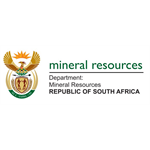












 Conference Programme
Conference Programme  Field trips
Field trips  Sponsorship & expo
Sponsorship & expo  Volunteer
Volunteer  GeoHost
GeoHost  Registration
Registration Tours
Tours  Promotion
Promotion  Publications
Publications


